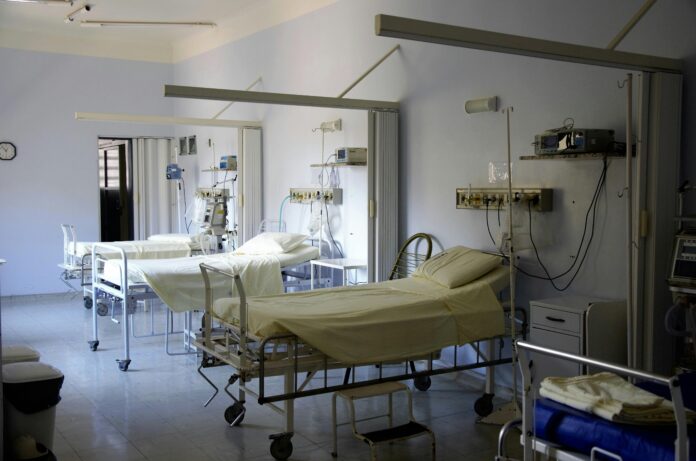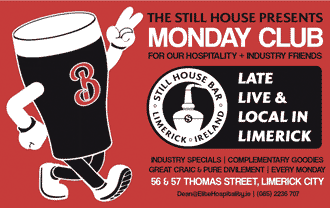
FEWER people diagnosed with colorectal, lung, and female breast cancer in Limerick and the rest of the HSE Mid West region survive beyond the five-year benchmark than in other parts of the country.
That’s according to new data published by the National Cancer Registry of Ireland.
The Cancer Registry identified that 8.6 per cent of cancer cases nationwide were diagnosed in the Mid West between 2009 and 2018, the period covered by the study.
The HSE Mid West region covers Limerick, Clare, and North Tipperary.
“The proportion of people diagnosed during 2009 and 2018 and surviving five years following diagnosis was lower than the national average for those living in the Mid West for colorectal, lung, and female breast cancer,” the report said.
For breast cancer, the survival rate in the Mid West was five percentage points lower than the national rate. For lung cancer, the survival rate was 4.7 points lower, and for bowel cancer it was 4.1 points lower.
This is the first time the Cancer Registry has produced this kind of analysis of cancer cases in the six HSE regions.
It is hoped the new data will inform decisions about future cancer services and policy-making.
Professor Deirdre Murray, director of the National Cancer Registry and professor of epidemiology at University College Cork, said the data could be used for cancer service planning, evaluation, and policy-making.
“While geographic variation must always be interpreted with care, this data can point to important opportunities for improvement across cancer care from prevention, early diagnosis, and screening, to access to services and treatment,” she added.
Meanwhile, the impact of Covid-19 on cancer registration is also considered in the report, finding that during the first year of the pandemic (2020), “a preliminary analysis estimated that the shortfall of cancer diagnoses due to Covid-19 in 2020 was no greater than 14 per cent.


